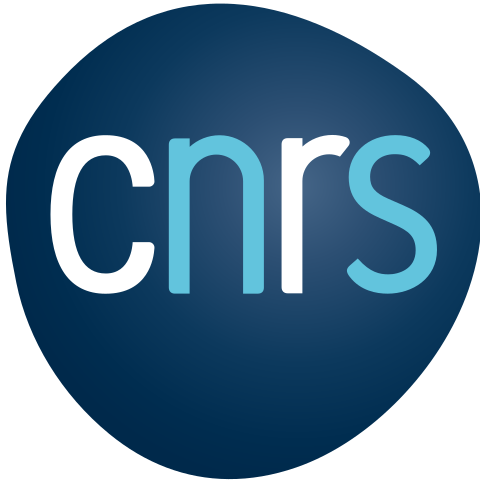Nestorone (segesterone acetate) effects on neuroregeneration
Résumé
Nestorone® (segesterone acetate) is a progestin with a chemical structure closely related to progesterone with high affinity and selectivity for the progesterone receptor without significant interaction with other steroid receptors. It has been developed for female and male contraception and is FDA-approved in a first long-acting contraceptive vaginal system for female contraception. Its safety has been extensively demonstrated in both preclinical and clinical studies for contraceptive indications. Nestorone was found to display neuroprotective and neuroregenerative activity in animal models of various central nervous system diseases, including multiple sclerosis, stroke, and amyotrophic lateral sclerosis. Reviewed herein are neuroprotective and myelin- regenerating properties of Nestorone in various animal models and its translational potential as a therapeutic agent for debilitating neurological diseases for which limited therapeutic options are available (Table 1).
